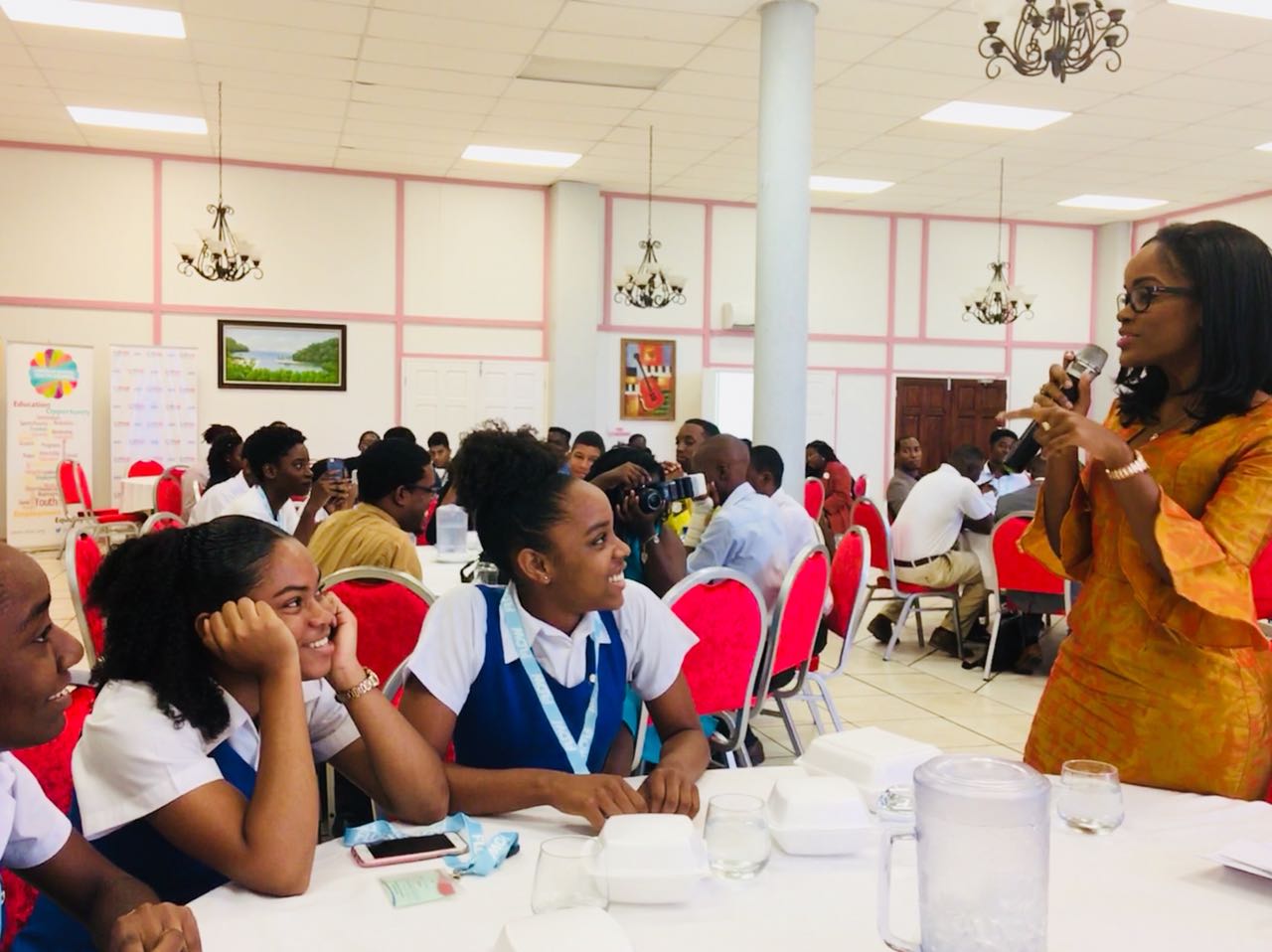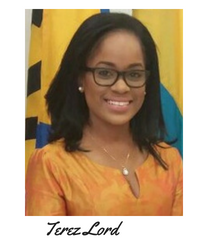“Youth involvement: from rhetoric to action”
May 16th, 2018Based on a collective sense of exclusivity and under-representation, Terez Lord, 25, a Correspondent from Trinidad and Tobago, says the Caribbean’s young people have decided that it is time to change from rhetoric to action.
A plethora of challenges that affect us, our development and – by extension – the entire nation has not been properly diagnosed because we young people have not been involved.
It is aesthetically pleasing to see ‘youth’ plastered all over a manifesto, however this appreciation should be extended to all areas ranging from grassroots and decision making to policy formulation.
Traditional socio-political practice is one where programs and projects are made for us but not by us. It is one where decisions that affect young people are made by people who are not young and thus may not relate to the dynamic emergence of issues that young people face on a daily basis. In such a practice there is an absence of consistent formal structures allowing and encouraging participation of young leaders whereby they can identify issues that impede their development and propose sustainable solutions to legislators. It is one where the marginalised, disabled and unattached youth is neither engaged, empowered nor elevated by the political system.
The Caribbean Youth Summit, Saint Lucia, was set within a safe space where outstanding youth and community leaders, as well as young professionals from across the region – selected based on their expertise and reputation – provided their unique perspectives and solutions to developmental issues. It also included students, unemployed and marginalised youth. The event provided a platform for fruitful discussion of issues that affect the demographic and allowed the creation of a solid plan of action, indoctrinating the values of advocacy and volunteerism.
It was notably well-attended by St. Lucia’s Prime Minister Allen Chastanet, the Commonwealth’s Secretary-General Patricia Scotland, the Minister of Youth Affairs, Edmund Estephane and other governmental ministers, officials from the Organization of East Caribbean States, Caricom Youth Ambassadors and the Executive Branch of the Caribbean Regional Youth Council.
As Caricom Youth Ambassador and Country Coordinator of the Commonwealth Youth Peace Ambassadors Network (CYPAN), Trinidad and Tobago, I sat on a panel discussing the impact of crime on youth at the local and regional levels. We young people are the largest group in the local, regional and Commonwealth populations as well as the majority in terms of victims and perpetrators of crime. This underscores our collective responsibility to be active contributors in any discourse and decision on the subject. It highlights the need for the implementation of initiatives like the United Nations Security Council Resolution 2250. It acknowledges the important role of young women and men in sustaining peace, and urges member states to support youth-led mechanism that enable meaningful participation of youths in peace building and peace keeping.
No Caribbean country is exempted from the regional reputational change and stigmatisation synonymous with growing crime rates. At this juncture in our development, it is critical for young people throughout the region to be conscious of their role, and for the political system and structures to facilitate our deliberate inclusion at all stages, from rhetoric to action.
…………………………………………………………………………………………………………………
About me: I am a young scholar who is highly committed to academic excellence and scholarship. I earned a Master’s Degree in Global Studies and a Bachelor’s in International Relations and Political Science, and possess the capacity to firmly grasp complex theoretical concepts of international relations. Channeling interest into action, I have been engineering and executing grassroot projects and campaigns in my dual capacity as CARICOM Youth Ambassador of Trinidad and Tobago and Country Coordinator of CYPAN.
…………………………………………………………………………………………………………………
Opinions expressed in this article are those of the author and do not necessarily represent the views of the Commonwealth Youth Programme. Articles are published in a spirit of dialogue, respect and understanding. If you disagree, why not submit a response?
To learn more about becoming a Commonwealth Correspondent please visit: http://www.yourcommonwealth.org/submit-articles/
…………………………………………………………………………………………………………………





